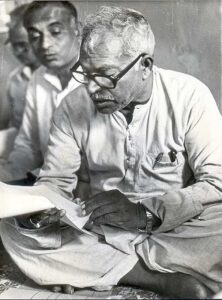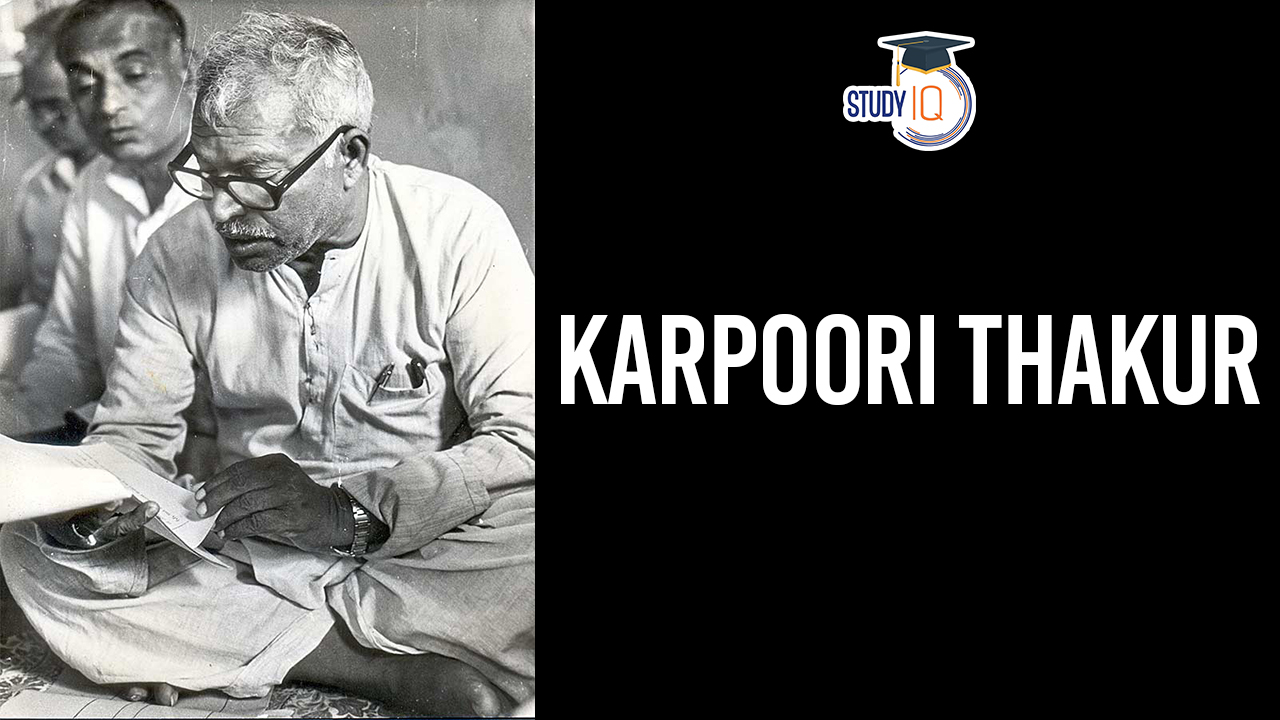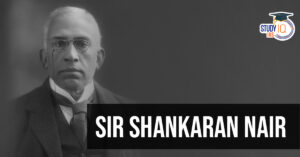Table of Contents
Context: Late former Bihar Chief Minister Karpoori Thakur will be posthumously awarded the Bharat Ratna, India’s highest civilian honour.
About Karpoori Thakur
- He held the position of Bihar’s Chief Minister twice, advocating for the backward classes.
- His administration was noted for initiating pro-poor policies, particularly land reforms and measures to uplift the marginalized.
- Referred to as Jan Nayak, he earned widespread acclaim for his commitment to the prosperity of ordinary citizens.
- Throughout his political tenure, he was involved with several political parties.
- His political path started with the Praja Socialist Party, transitioned to the Janata Party during his initial chief ministerial term (1977-1979), and later he joined the Janata Dal.
- He passed away in February 1988.
Karpoori Thakur Biography
- Birth: Born on January 24, 1924, in Pitaunjhia village, Bihar, India.
- Political Journey: Started in the Indian National Congress, shifted to socialist politics.
- Chief Minister: Served as Bihar’s Chief Minister in 1977, known for prioritizing social justice.
- Land Reforms: Implemented significant land reforms, providing land to the landless.
- OBC Reservations: Pioneered reservations for Other Backward Classes (OBCs) in jobs and education.
- Legacy: Remembered as “Jan Nayak” for his commitment to a casteless and classless society.
- Death: Passed away on February 17, 1988, leaving a lasting impact on Bihar’s socio-political landscape.
| Aspect | Details |
|---|---|
| Birth | January 24, 1924, in Pitaunjhia village, Bihar, India. |
| Political Journey | Started in the Indian National Congress, shifted to socialist politics. |
| Chief Minister | Served as Bihar’s Chief Minister in 1977, known for prioritizing social justice. |
| Land Reforms | Implemented significant land reforms, providing land to the landless. |
| OBC Reservations | Pioneered reservations for Other Backward Classes (OBCs) in jobs and education. |
| Legacy | Remembered as “Jan Nayak” for his commitment to a casteless and classless society. |
| Death | Passed away on February 17, 1988, leaving a lasting impact on Bihar’s socio-political landscape. |
Bharat Ratna Karpoori Thakur
Karpoori Thakur Ideology
Karpoori Thakur was a socialist, freedom fighter, and a leader in the anti-emergency movement. He was also a member of the trade union and labor movements in the 1960s. Thakur was a close associate of JP Narayan and a key figure in the sampoorn kranti (total revolution) movement against the Congress-led regime.
Thakur was born to Gokul Thakur and Ramdulari Devi in Pitaunjhia (now Karpuri Gram) village in Samastipur District of Bihar. He was a member of the Nai (barber) community.

Karpoori Thakur Political Career
Entry into Politics and Social Activism
After independence, Thakur worked as a teacher and entered mainstream politics as a member of the Bihar Vidhan Sabha in 1952, representing the Tajpur constituency as a Socialist Party candidate. His commitment to social causes was evident when he undertook a 28-day fast unto death in 1970 to advocate for the rights of Telco laborers.
Educational Reforms and Prohibition
As the education minister of Bihar, Thakur was a proponent of the Hindi language. However, his decision to remove English as a compulsory subject faced criticism for potentially lowering the standards of English-medium education. His administration also enforced total prohibition of alcohol in Bihar during his tenure.
Leadership in the Janata Party and Chief Ministership
In the 1977 Bihar Legislative Assembly election, the Janata Party, a coalition of various political groups, including Socialists, defeated the ruling Indian National Congress. Thakur became the Chief Minister for the second time. However, internal conflicts arose over his decision to implement the Mungeri Lal Commission report, leading to his resignation in 1979.
Reservation Policy and Political Legacy
Thakur’s significant achievement was the introduction of a 26% reservation model in Bihar in 1978. This included quotas for various categories, such as Other Backward Classes, Most Backward Class, women, and economically backward classes among the upper castes. Despite facing political challenges, he continued to mentor prominent Bihari leaders like Lalu Prasad Yadav, Ram Vilas Paswan, Devendra Prasad Yadav, and Nitish Kumar.
Karpoori Thakur Posthumous Recognition
On January 26, 2024, Karpoori Thakur was posthumously awarded India’s highest civilian honor, the Bharat Ratna, by the Government of India, in recognition of his significant contributions to social justice and the welfare of the poor. His legacy as a champion of the downtrodden continues to shape Bihar’s political landscape.
Karpoori Thakur UPSC
Karpoori Thakur, born on January 24, 1924, in Bihar, India, served as Bihar’s Chief Minister twice, emphasizing social justice. A socialist leader, he initiated pro-poor policies, including significant land reforms and OBC reservations. Known as “Jan Nayak,” he transitioned through various political parties, leaving a lasting impact on Bihar’s socio-political landscape. Thakur passed away on February 17, 1988, and was posthumously awarded the Bharat Ratna in 2024 for his commitment to a casteless and classless society.


 Places in News for UPSC 2025 for Prelims...
Places in News for UPSC 2025 for Prelims...
 Sir Shankaran Nair and Story of the Jall...
Sir Shankaran Nair and Story of the Jall...
 New Phase of Operation Chakra to Combat ...
New Phase of Operation Chakra to Combat ...





















